Faith and Mission
Bernadette Casey - AP Faith & Mission
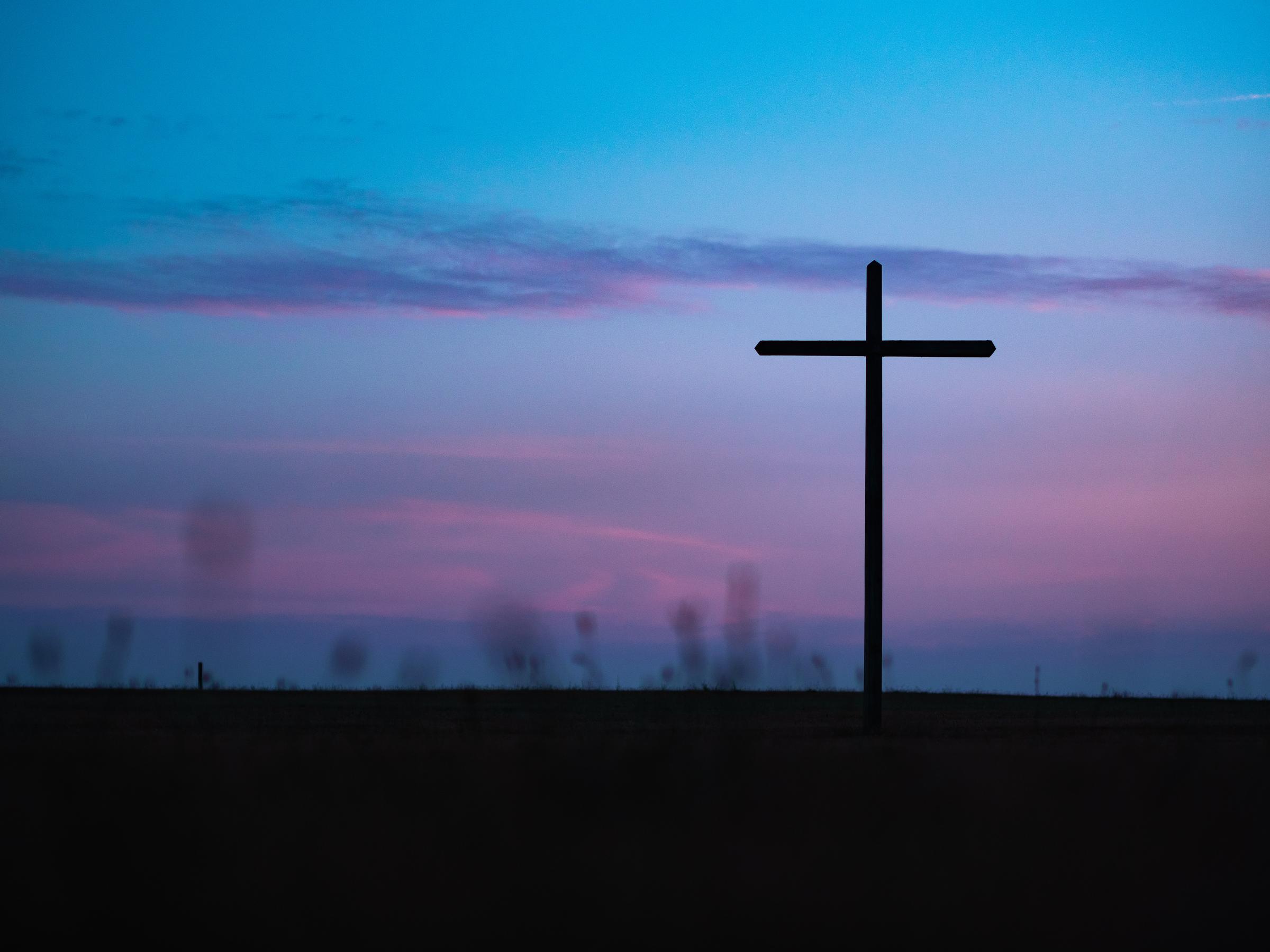
Faith and Mission
Bernadette Casey - AP Faith & Mission
Hospitality: Welcoming All
This year, our College community will delve into the profound gospel value of Hospitality. Inspired by the examples of Jesus and St. Brigid, we will explore what it means to truly welcome others—not just in our immediate friendship groups, but also within our wider school community and beyond. We will strive to create a culture of inclusion and belonging, recognising the inherent dignity of each person and fostering an environment where everyone feels valued and respected.
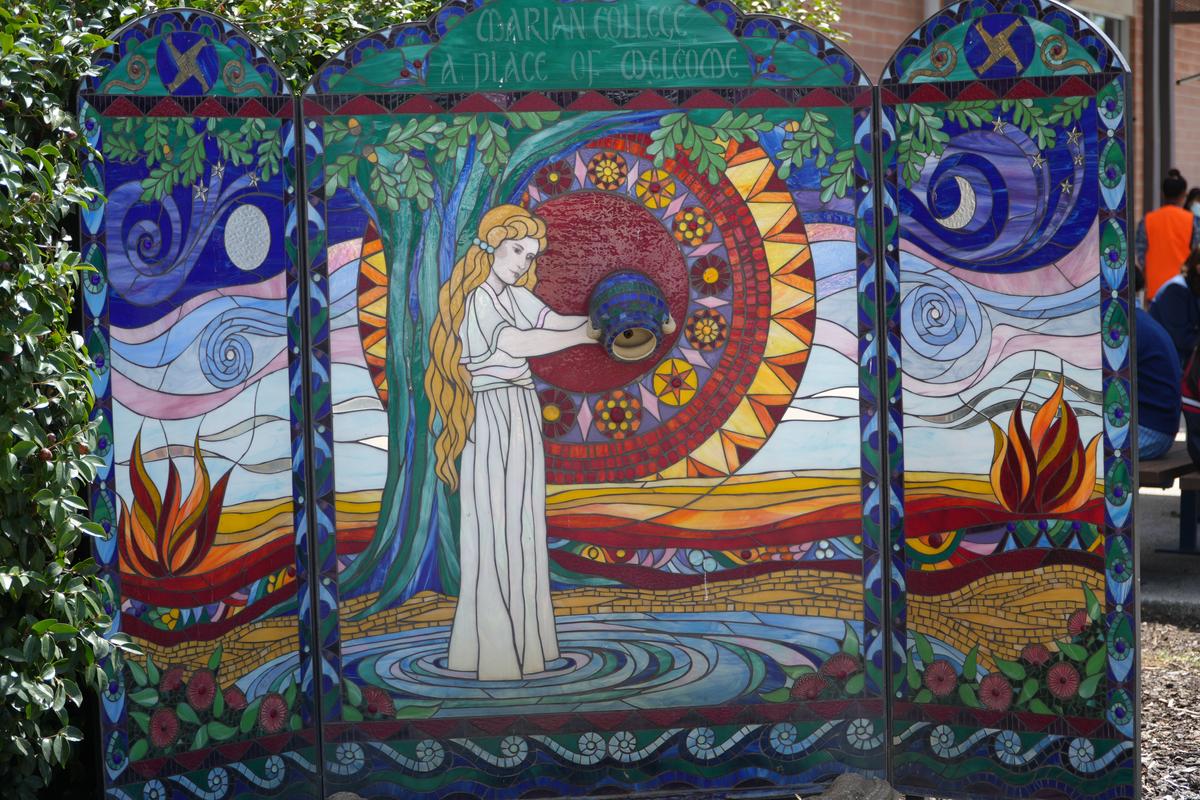
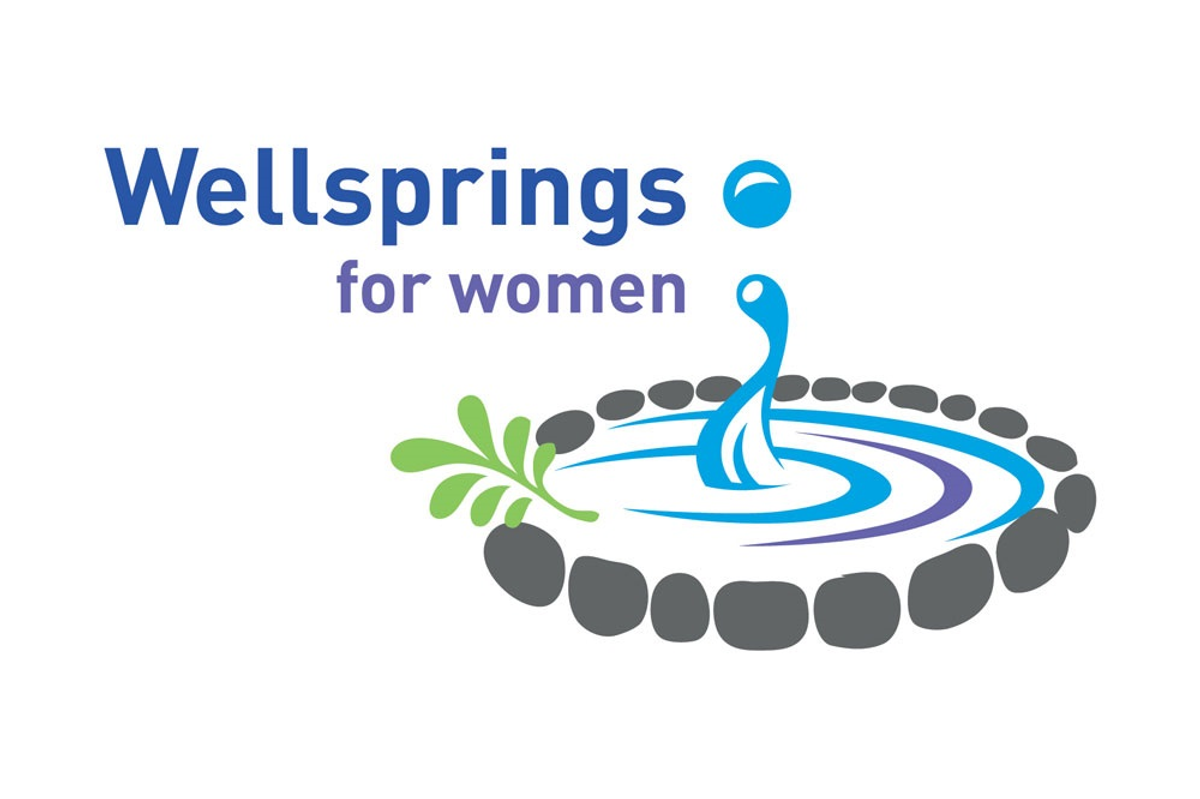


Throughout this year of hospitality, the College will raise awareness and funds for one of Kildare Ministries Community Works - Wellsprings for Women.
Wellsprings for Women is a Women's only centre located in Dandenong. They are committed to providing an environment that is caring, nurturing and safe for children, young people and adults at risk, enabling them to participate in programs and receive services. They are committed to protecting children, young people and adults from abuse in all forms including emotional, physical and sexual abuse as well as abuse through the misuse of digital technology.
Please see the link for more information and to be involved in their services. Wellsprings for Women
Staff Mass
On Tuesday 28 January, our College staff celebrated the start of the school year with a beautiful Mass led by Fr. Gerard Keith in St Paul’s Catholic Church. Fr Gerard shared his thoughts on Hospitality being central to our Catholic ethos as a multi-cultural and multi-faith community. Coming together as one, we acknowledged the importance of hospitality as a core step in welcoming and inviting all, creating a foundation of belonging and respect for the year ahead. This shared celebration provided a moment of unity and reflection, setting a positive tone for fostering a welcoming and inclusive environment for everyone. We thank Fr Gerard for joining us to start the year off with thoughtful reminders.
<Add photos here>
Whole College Opening Mass
On Wednesday 19 February, our whole school community gathered for a deeply moving College Mass, centered on the gospel value of Hospitality. It was lovely to meet some of our Year 7 families who attended their first community gathering for 2025. Fr Jude Pirotta’s homily beautifully explored the importance of family connections and the sense of belonging within even the smallest community. The choir's exquisite singing filled the space, creating an atmosphere of reverence and joy. A particularly poignant moment was the symbolic handover of St. Brigid's light from the Year 12 students to the Year 7 students, representing the passing of a legacy of wisdom and guidance to new, young minds. Ms Rachel Andrew’s rendition of Guy Sebastian's "Receive the Power" further amplified the spiritual upliftment of the entire experience. This shared act of worship reinforced the importance of welcoming and connecting with one another, reminding us of the words of Fr Jude that “even a simple smile can be a powerful expression of hospitality and belonging.”
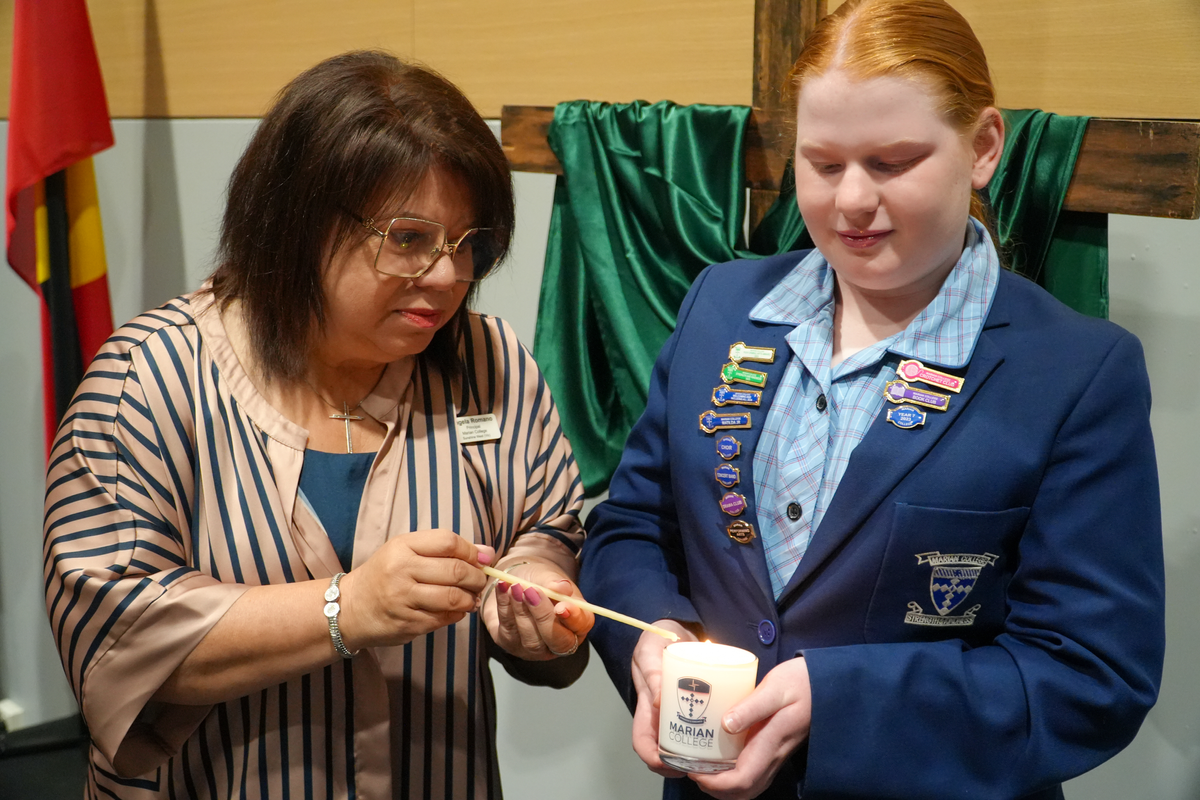
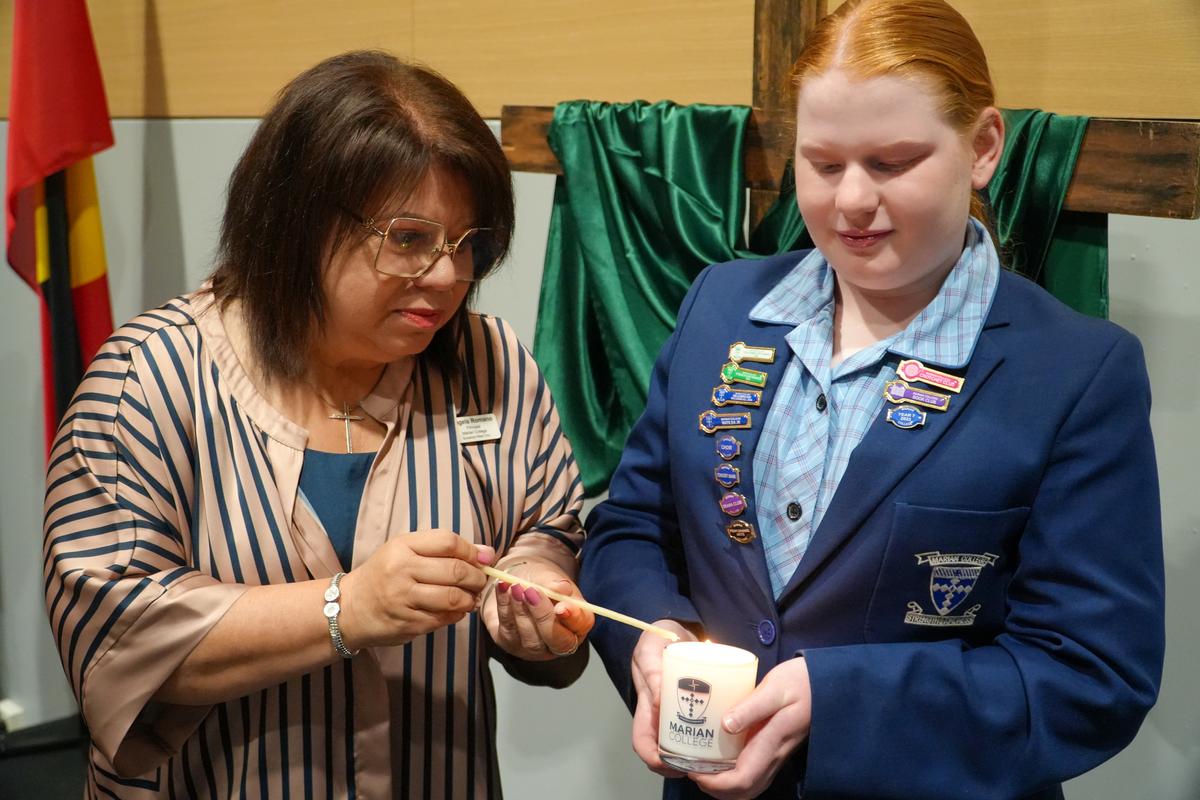
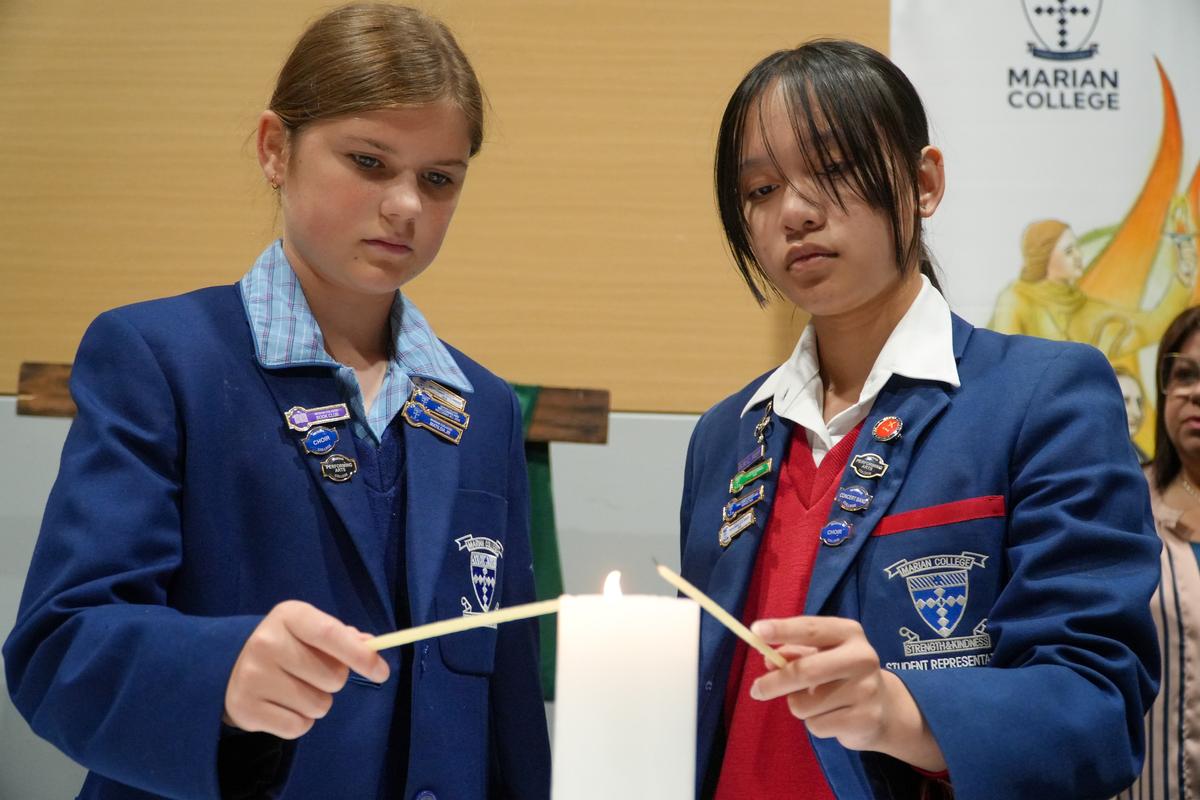
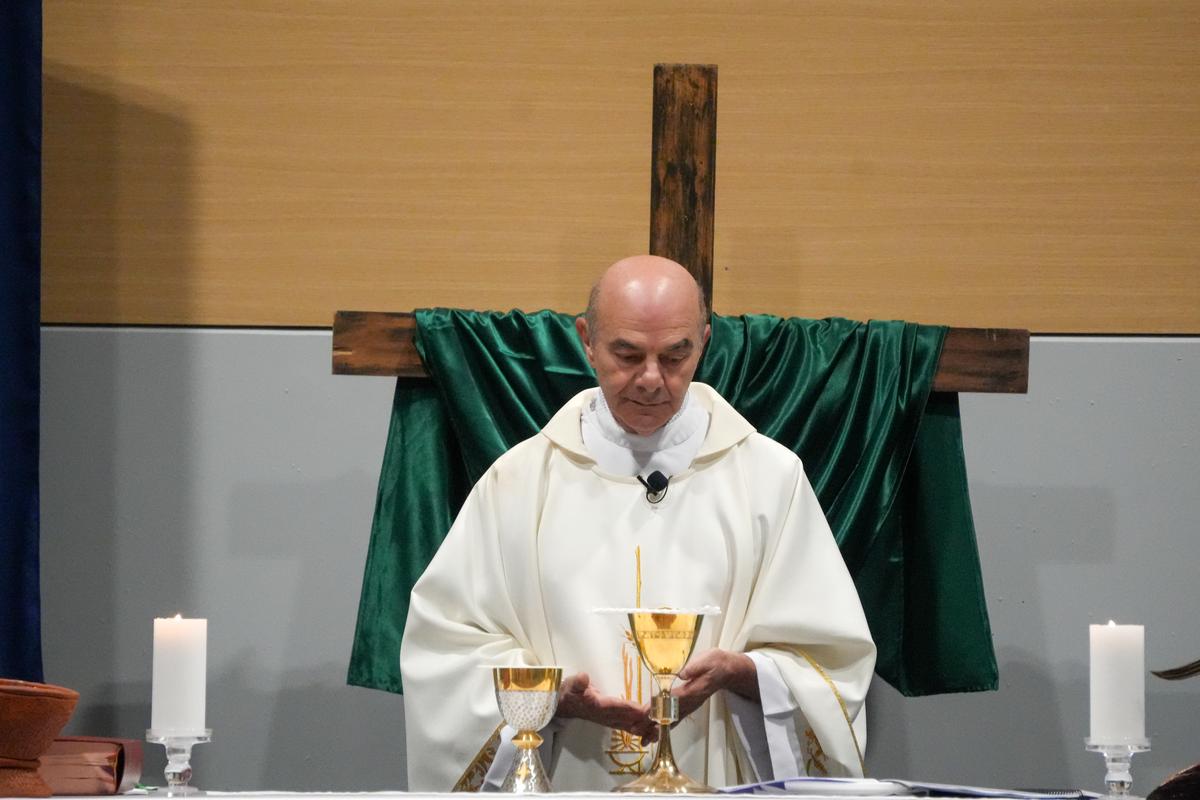
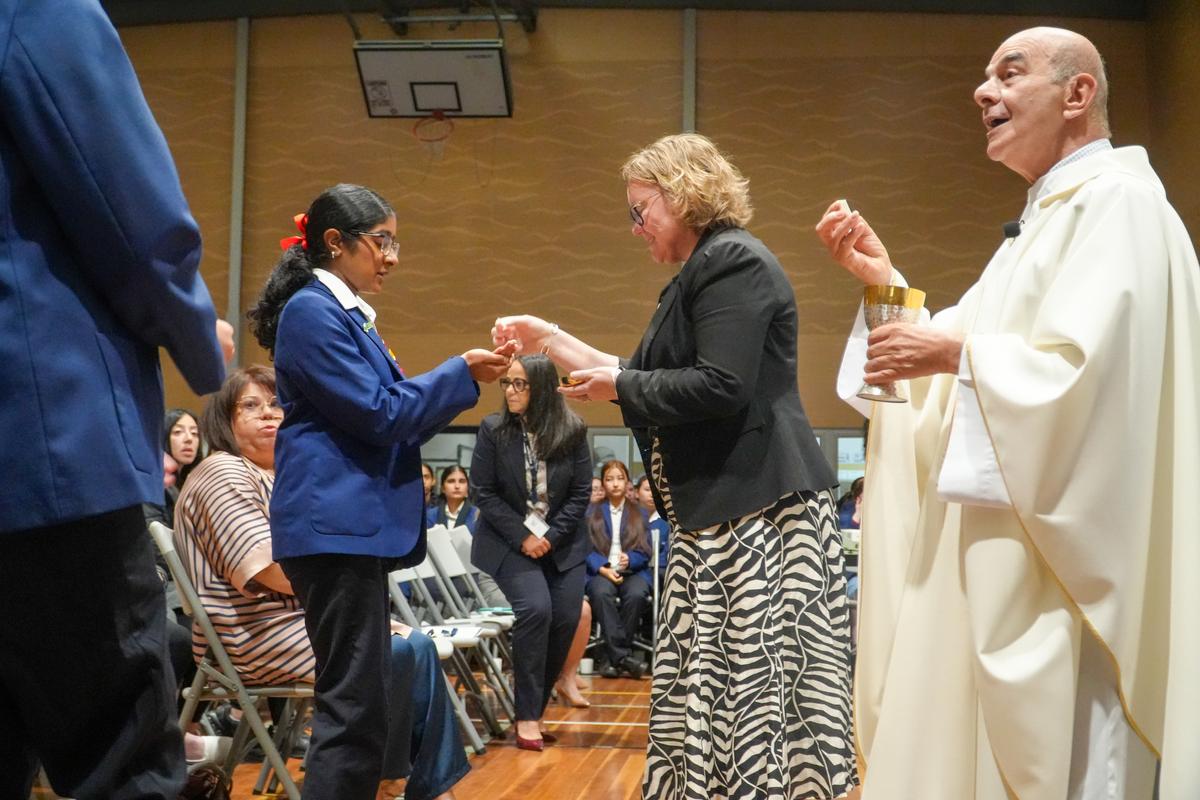
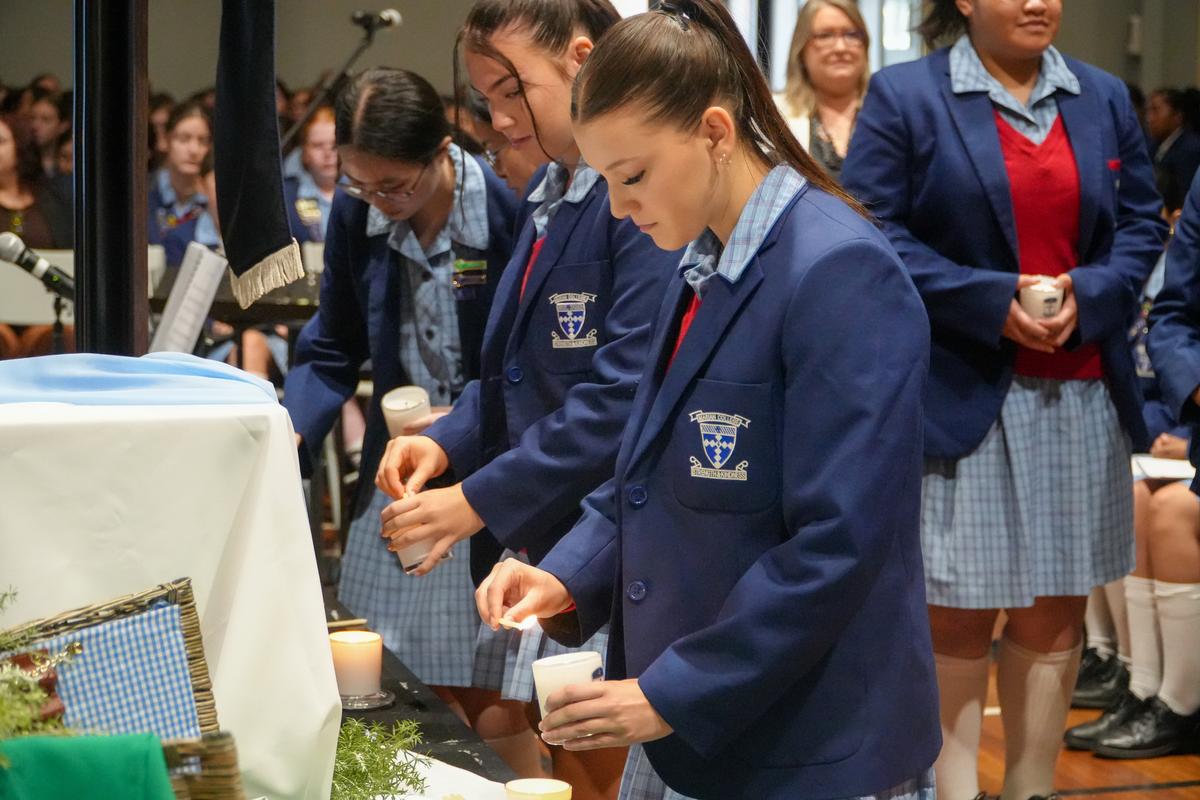
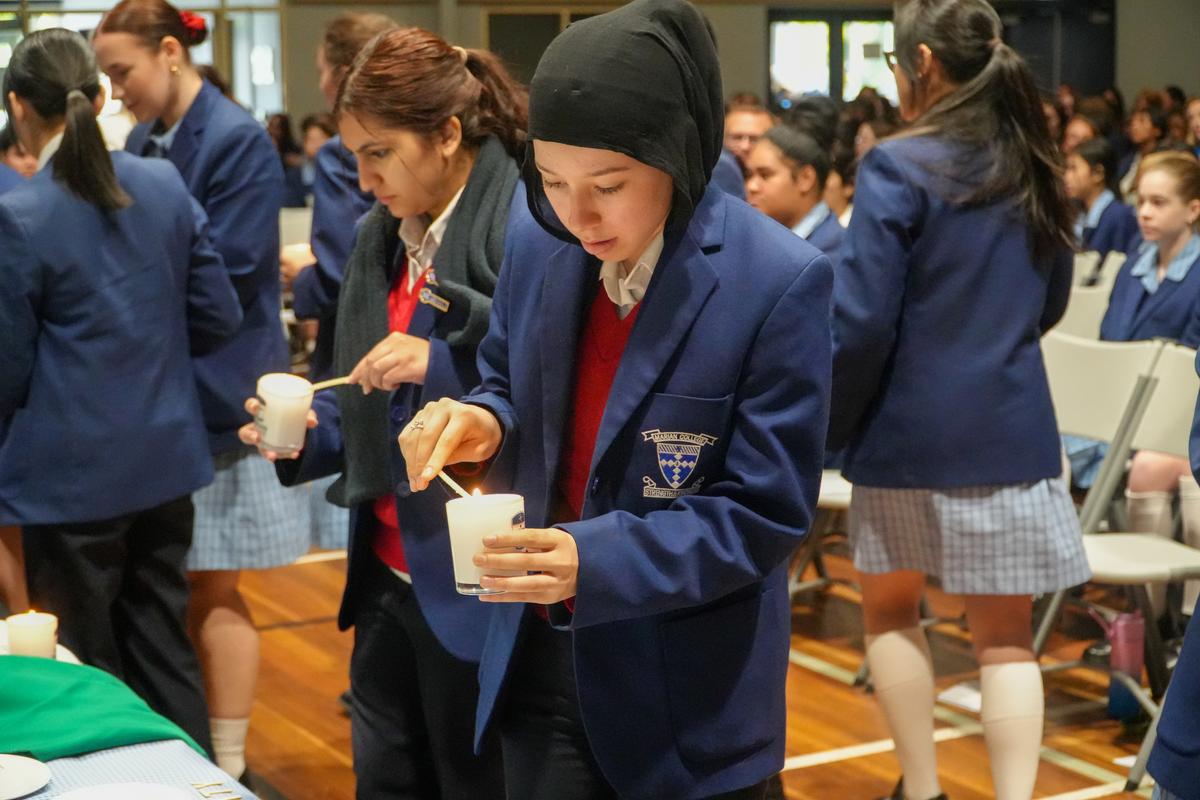
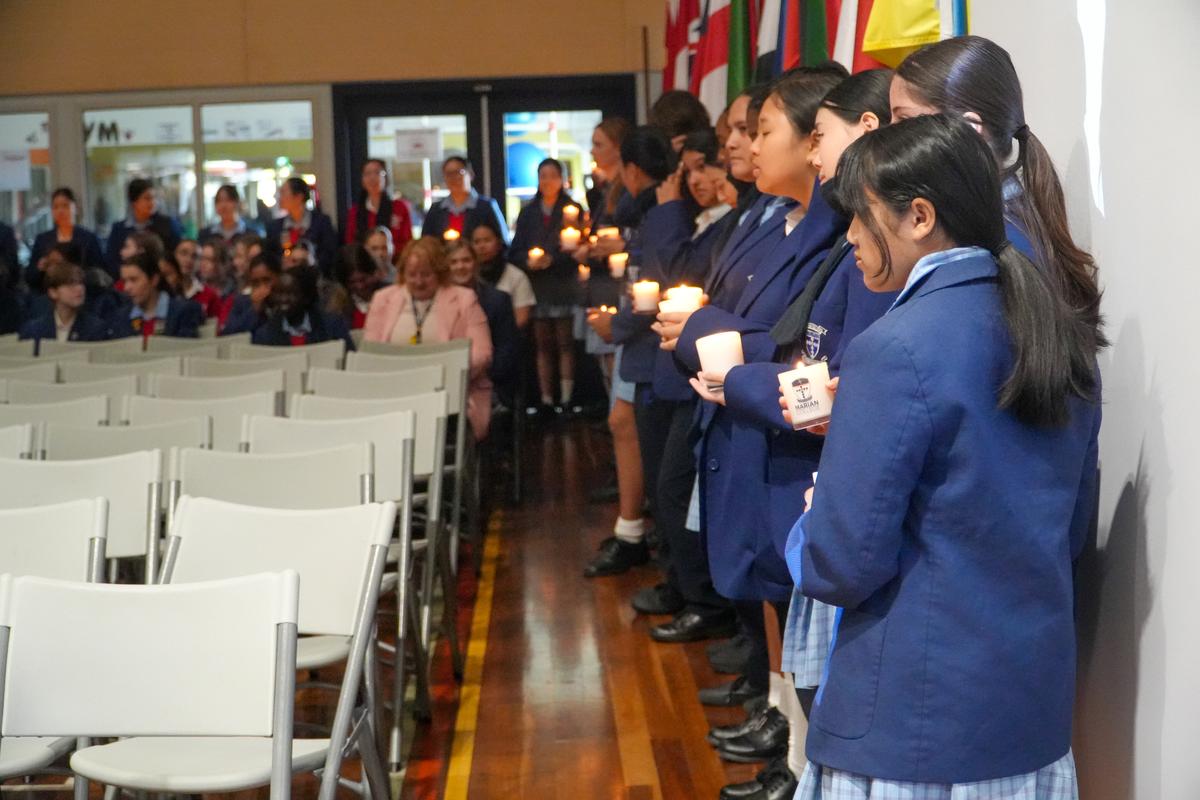
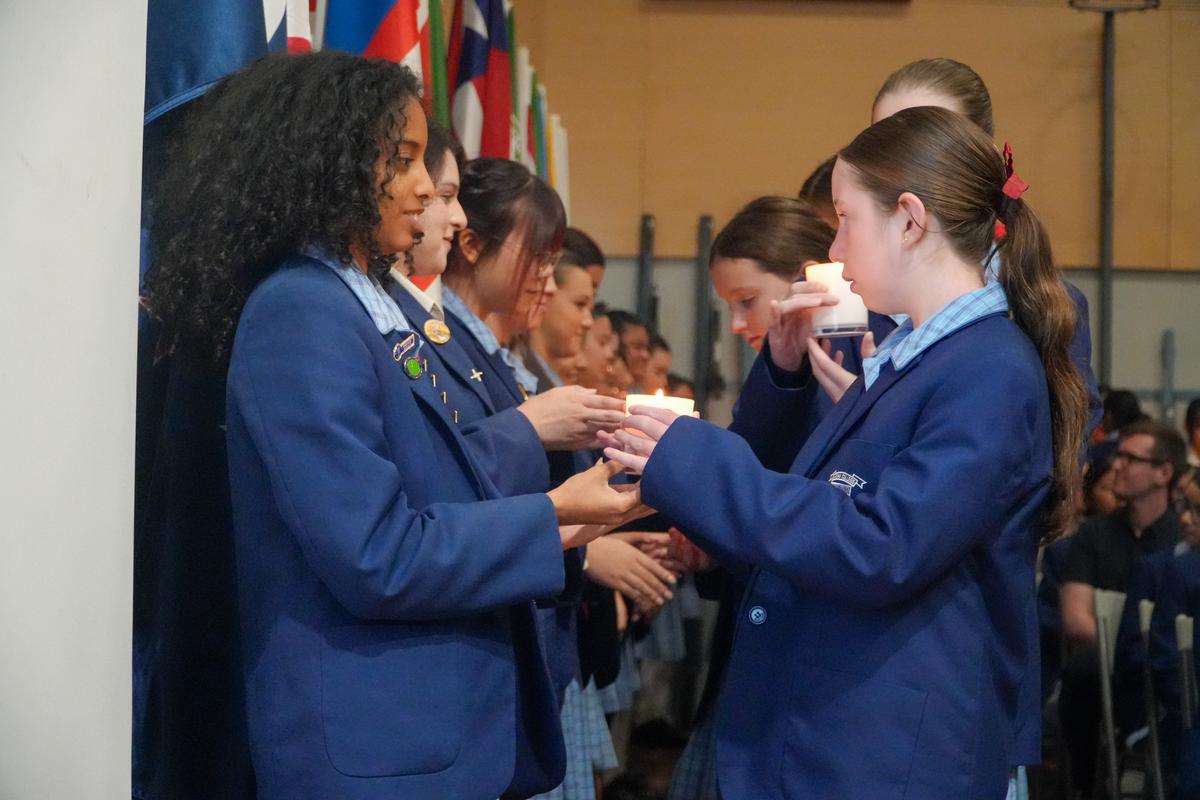
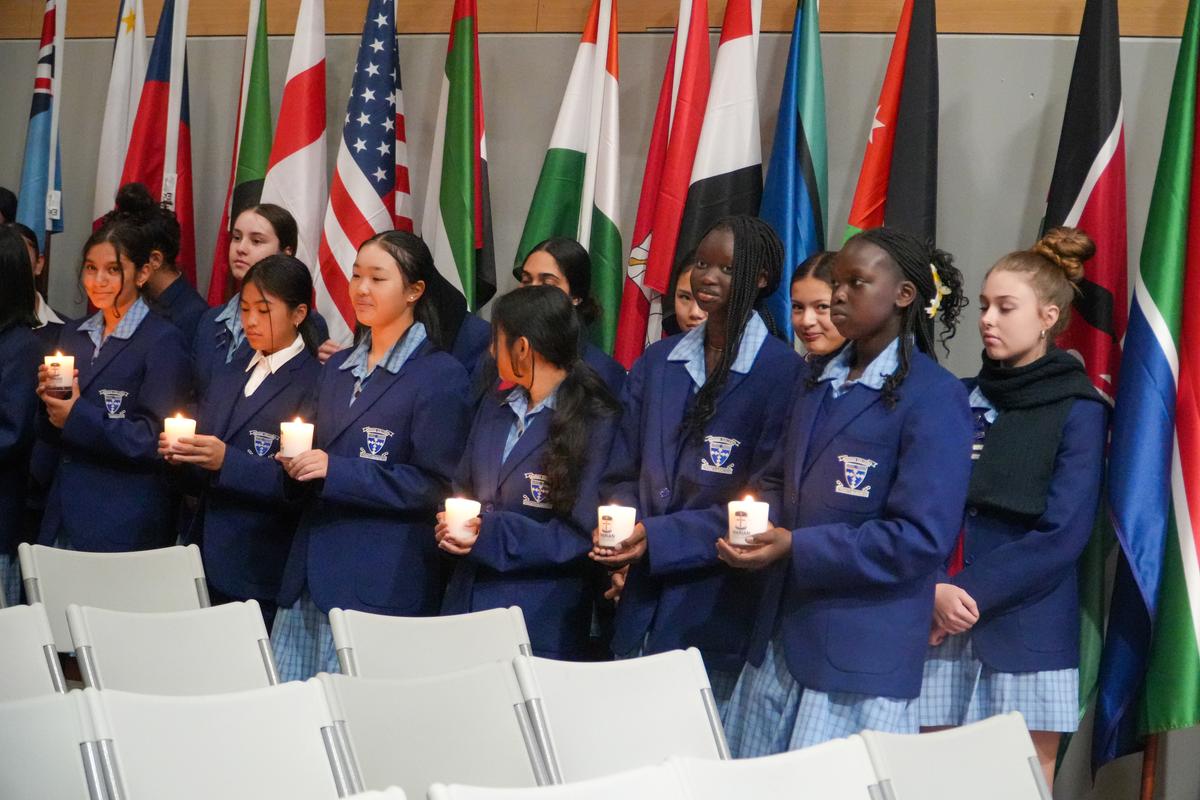
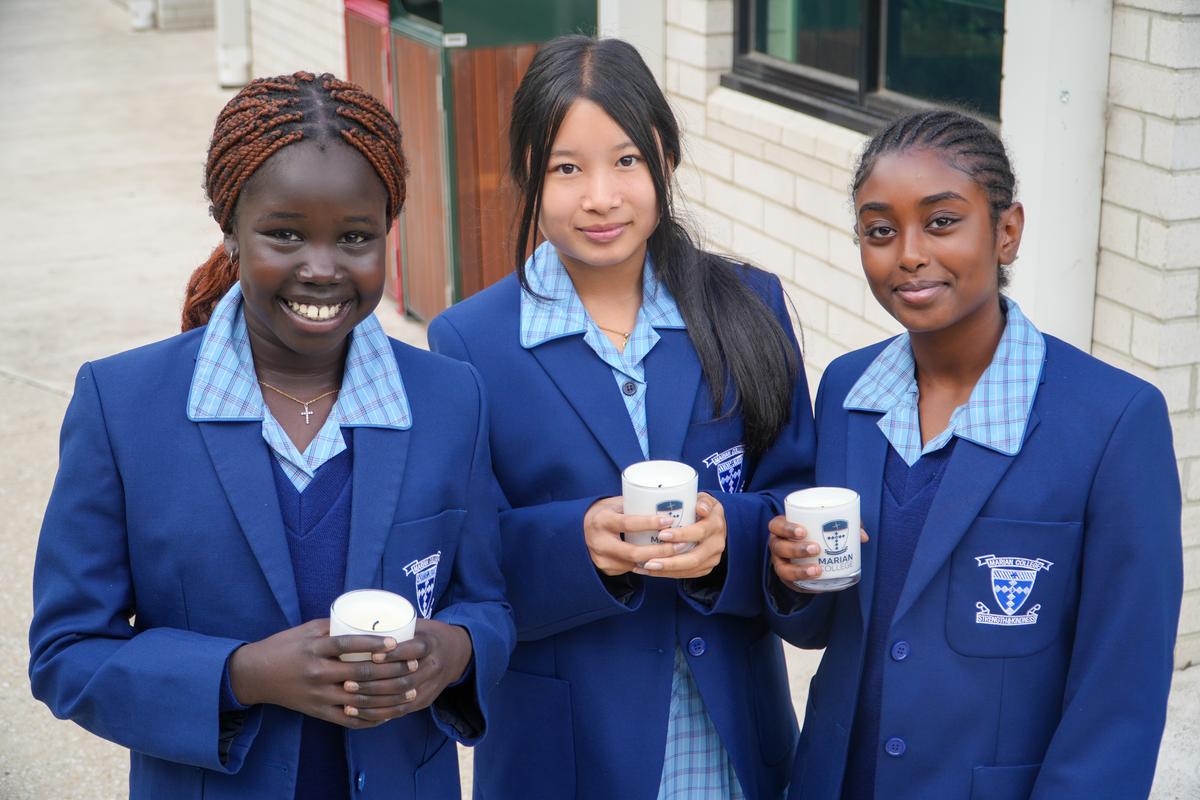











Project Compassion: Shrove Tuesday 4 March: Shrove Tuesday, the day before Ash Wednesday and prelude to Lent, marks a final opportunity for indulgence before Lent's fasting period. Originating in the 16th century, it's a time to use up foods like eggs, milk and fats—ingredients that are perfect for pancakes. Known as Mardi Gras ("Fat Tuesday") in France and Fat Week in Poland, where angel wing pastries are enjoyed, the day has diverse cultural expressions. Iceland's "Bursting Day" features feasts of lamb and pea soup. Beyond culinary delights, Shrove Tuesday, derived from "shrive" (meaning "absolve"), is a day for reflection and repentance. Many Christians attend confession. Pope Francis encourages believers and non Christians to examine their community impact, striving to contribute positively to the world. He emphasises the interconnectedness of faith, charity and hope in creating a better future.


The VCE VM Numeracy students and staff will embrace the spirit of Shrove Tuesday by putting their math skills to delicious use. They will calculate ingredient ratios, will double and triple recipes, and will manage the logistics of producing hundreds of pancakes for the entire school community. This tasty initiative will not only celebrate the beginning of the Lenten season, but will also serve a greater purpose. By selling their pancake creations, the students will raise funds for Project Compassion, demonstrating their commitment to social justice and supporting those in need during this important time of year. This Lent, Caritas Australia's Project Compassion invites you to Unite Against Poverty and take action to make a lasting difference.
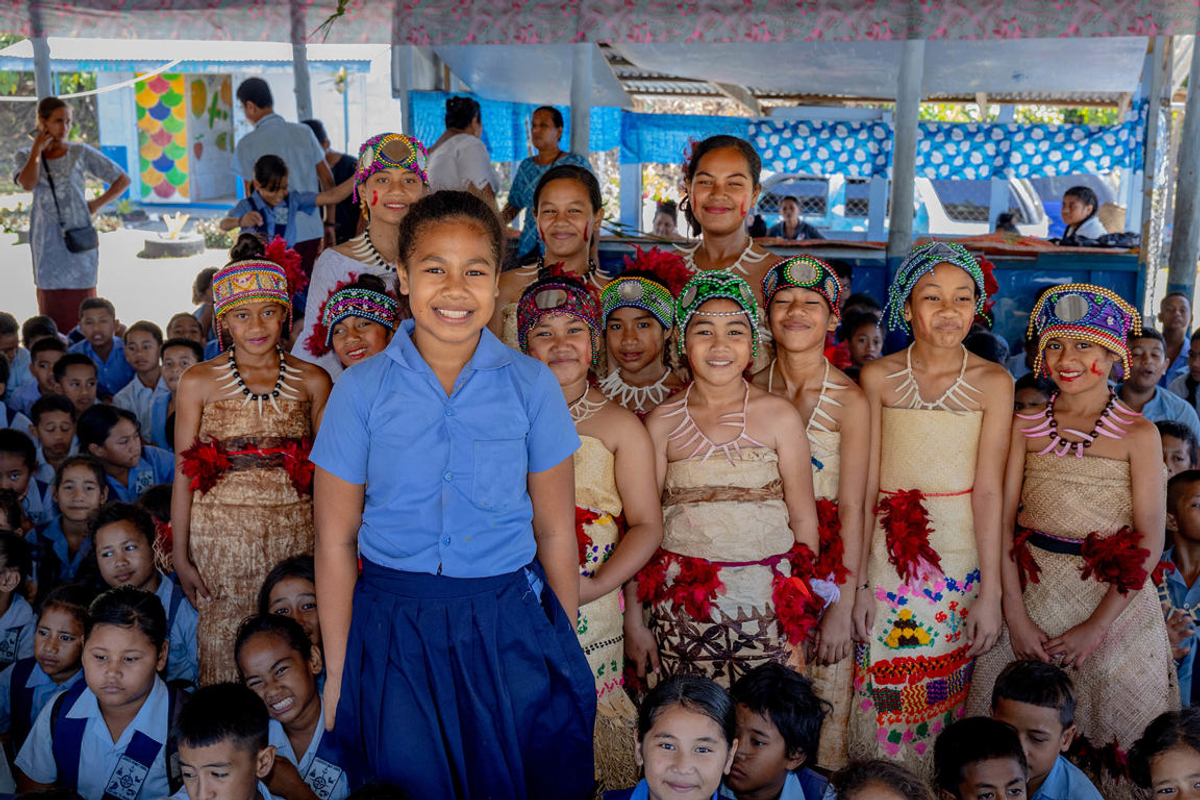

The VCE VM Numeracy students’ efforts will perfectly blend faith, community and practical skills, making Shrove Tuesday a truly meaningful occasion.
If you would like to donate to Project Compassion, please scan this QR Code.
Chris, are we able to add a QR code to collect donations? Other KM schools are doing this. Just a thought.
Photo Source: Caritas: Toefuata’iga smiles at the camera in front of a group of Samoan school students at assembly.
Ash Wednesday
The College will celebrate Ash Wednesday on March 5th with the distribution of ashes to all who would like to partake in this annual spiritual ritual. Ash Wednesday marks the beginning of Lent, a 46-day period of fasting and prayer leading up to Easter. This tradition emphasises penance, almsgiving, fasting, prayer, reflection and paying it forward. A key practice is the receiving of ashes on the forehead, symbolising mortality and derived from blessed palm branches of the previous Palm Sunday. The accompanying words, "Remember that you are dust, and to dust you shall return," reinforce this theme. Purple is used as the colour of Lent, as it symbolises penance and preparation. While a Christian observance, all are welcome to receive ashes. This can be a valuable practice for personal growth and development, regardless of religious beliefs and a perfect time to reflect on enacting hospitality within our community.
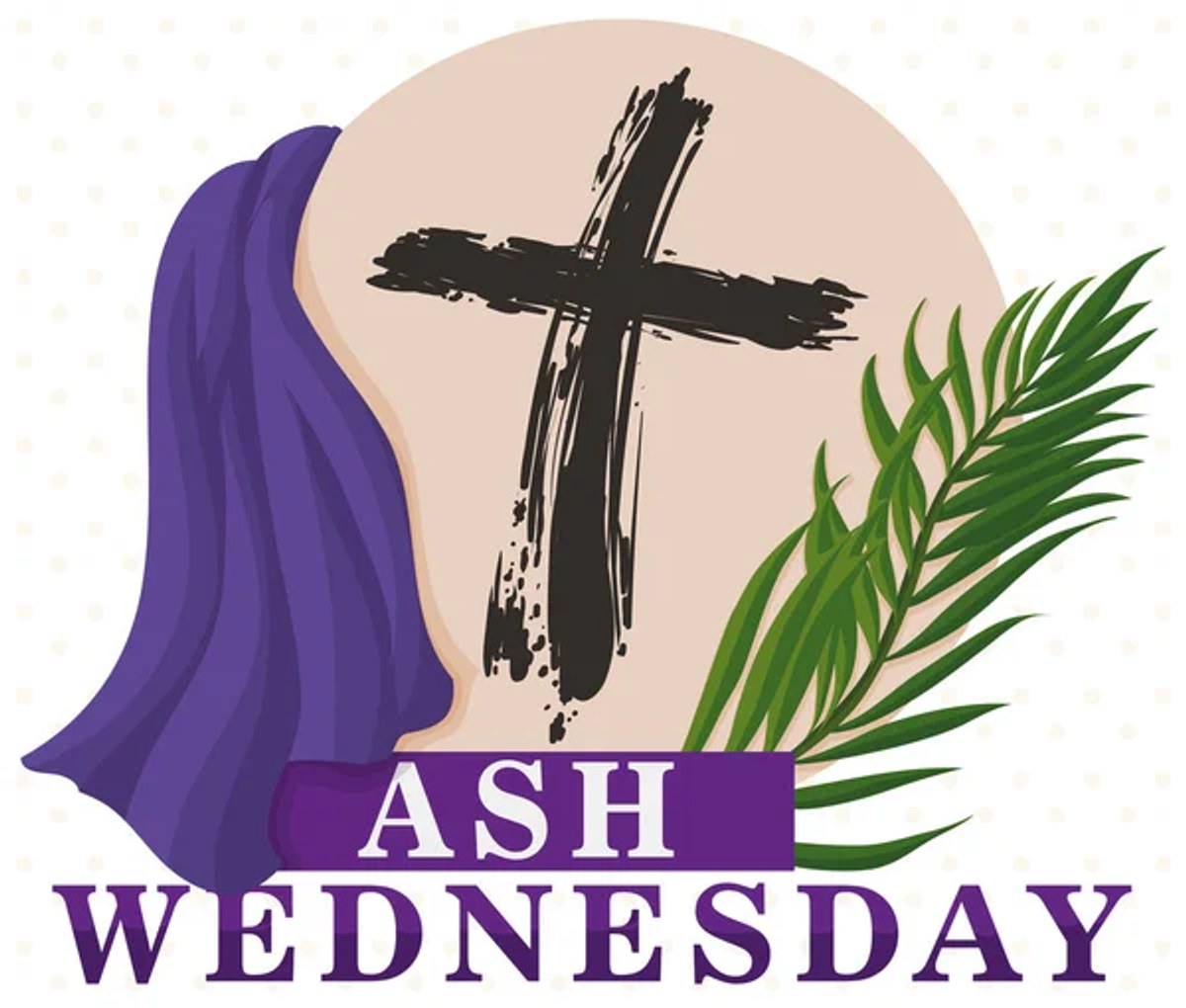

What are students learning in Religious Education?
Awaken the Spirit. Year 9/10 Religious Education
Students are exploring the fascinating intersection of faith and science by examining the lives and contributions of Catholic scientists throughout history. They are learning how these individuals, driven by their faith, pursued scientific inquiry, sometimes leading to theories that harmonised with Catholic teachings like , and at other times proposing ideas that sparked debate and discussion within the Church, such as Galileo Galilei. Students are analysing the historical context of these discoveries, understanding the interplay between scientific advancement and theological understanding. This exploration fosters critical thinking skills as students consider how faith and reason can coexist, even when faced with complex questions and evolving scientific knowledge. It also highlights the dynamic relationship between the Catholic Church and the pursuit of scientific truth over the centuries.
Year 7 Religious Education
Students have been immersed in the Kildare Ministries Marian tradition through a study of St. Brigid, Daniel Delany and Nano Nagle, and particular places that our Homeroom names are based on. They were taken to the Well of St Brigid, located at the front of the school and observed and learnt about the items that surrounded it. They enjoyed making Brigidine Crosses and learning about the life and times of St Brigid. Students then reflected on the similar things they recognise in themselves from the image and mission of St. Brigid. Chris can you please add a photo (If you have one) of the well at the front of the school?)
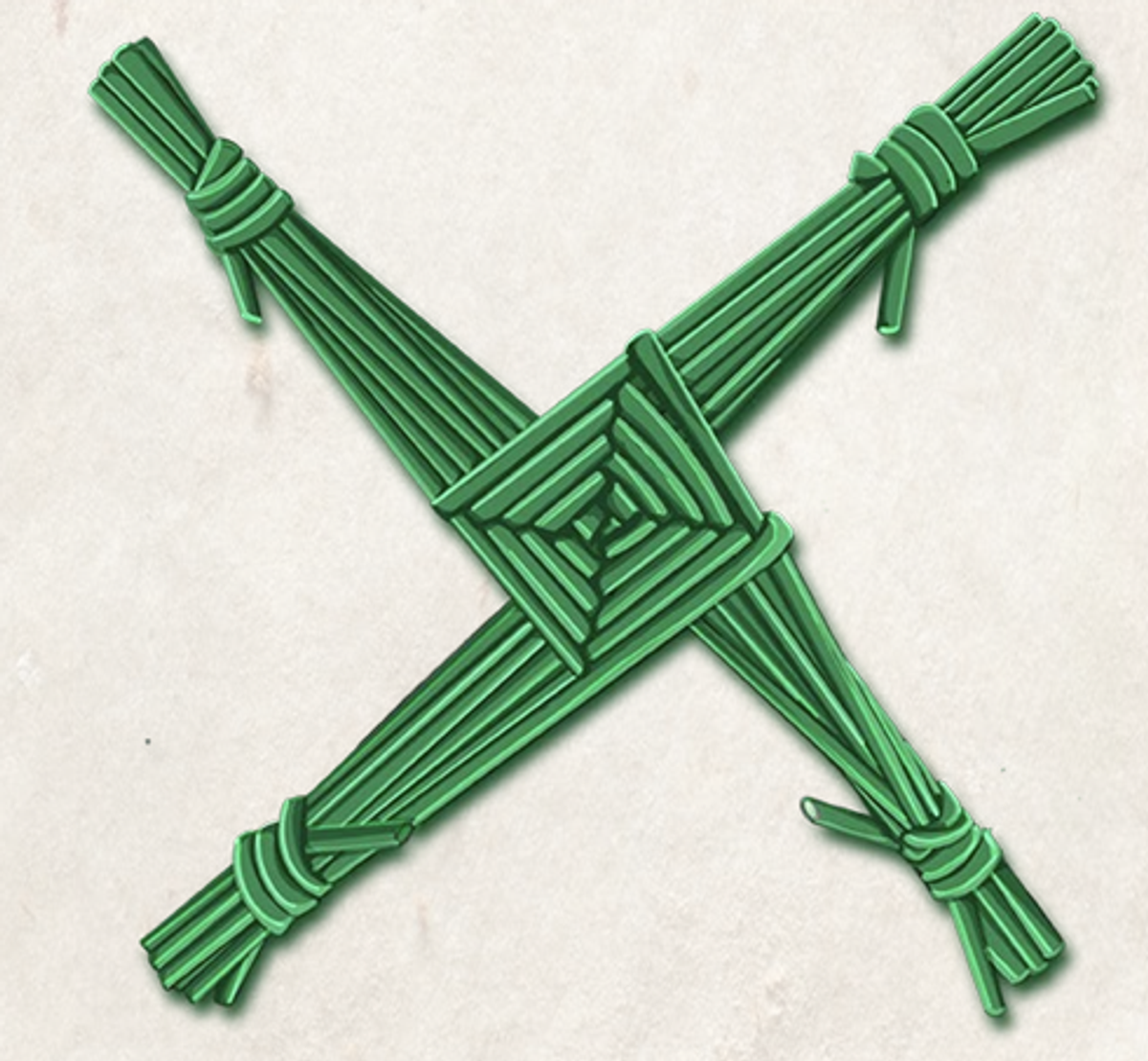

Year 8 Religious Education
In order to understand Creation in the Catholic Tradition, students were introduced to the Genesis Creation story where they explored the ‘Seven days of Creation’ and God’s creation of humans in His own image; Adam & Eve in the Garden of Eden.
In groups, students then researched a creation story from around the world. They created a digital presentation showcasing the creation story and making comparisons with the Genesis Creation story. Students were engaged and immersed in learning about hidden meanings and differences and similarities between different cultures and religions.
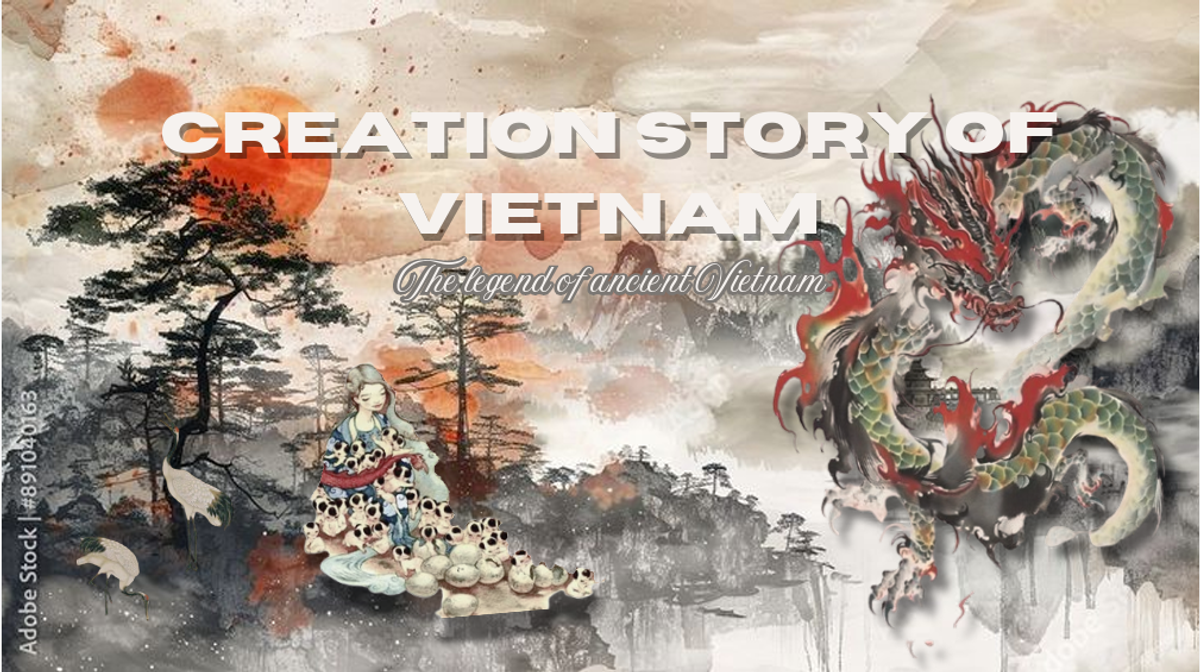
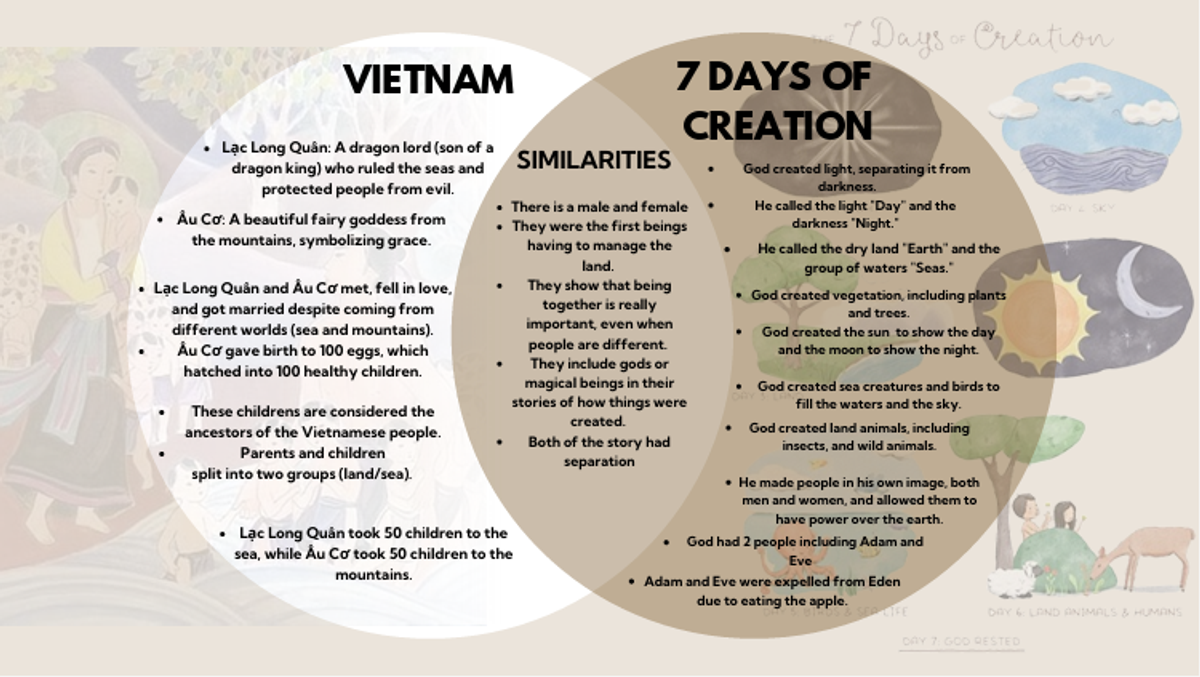
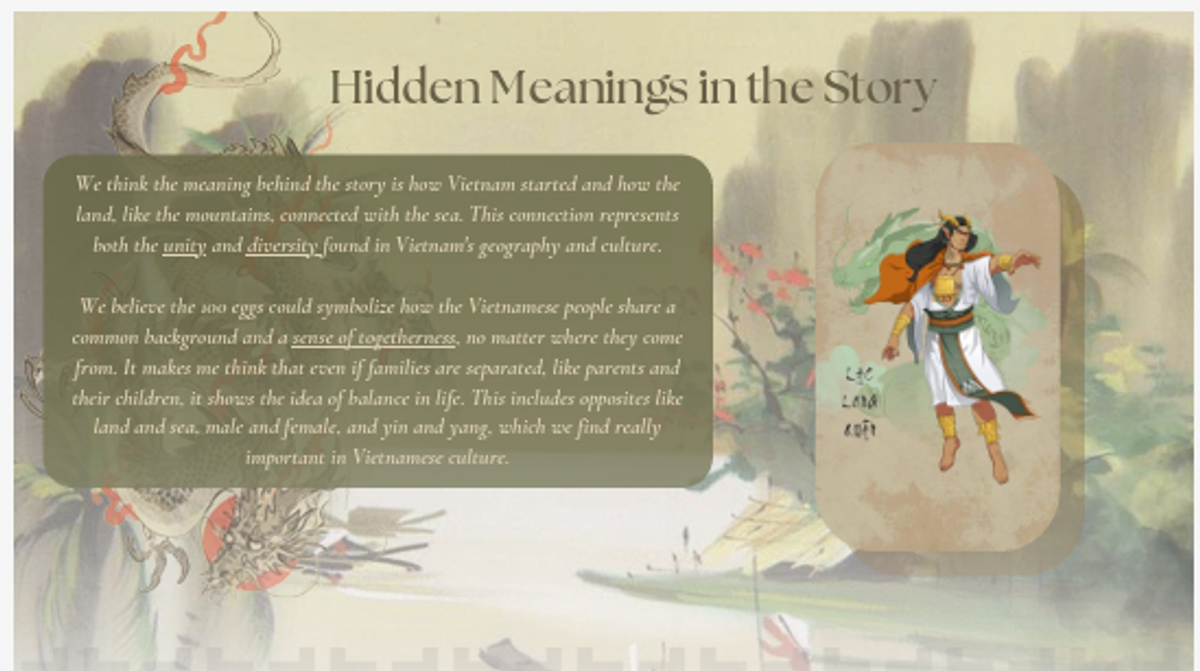



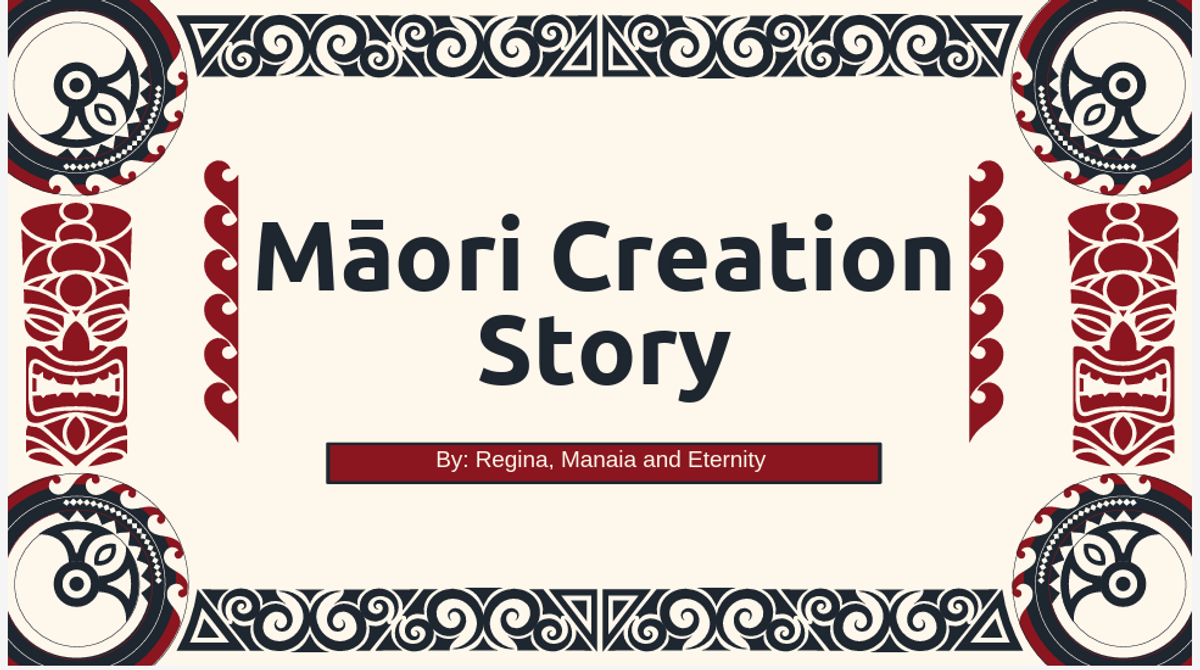
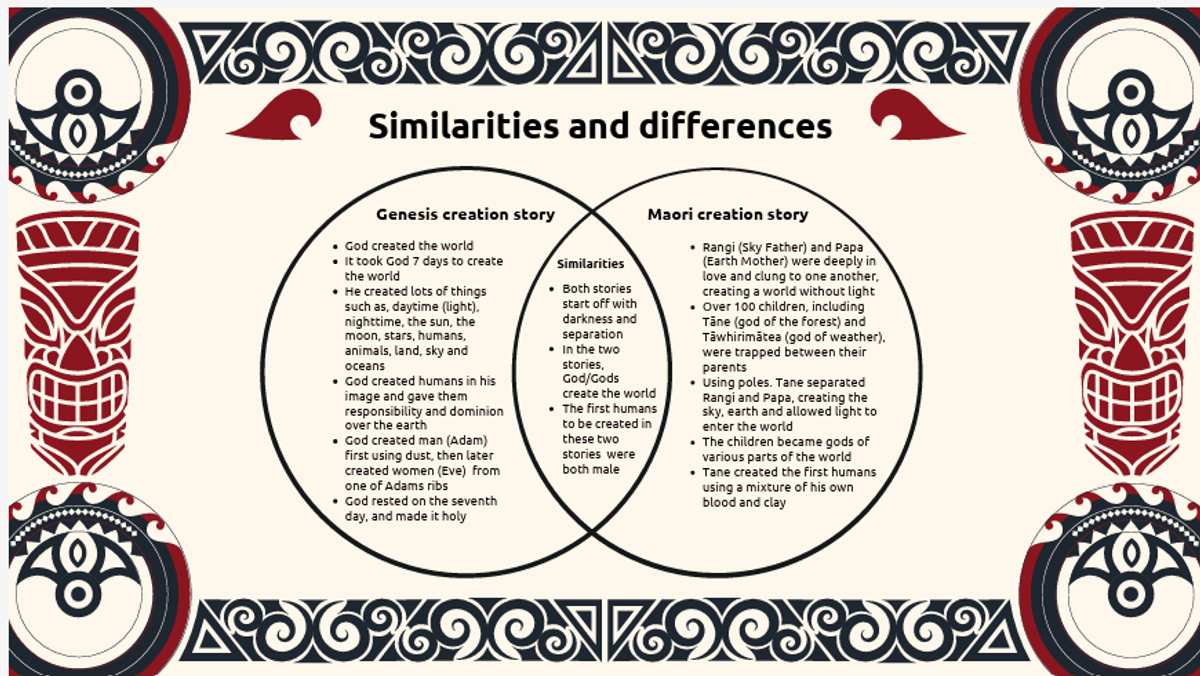
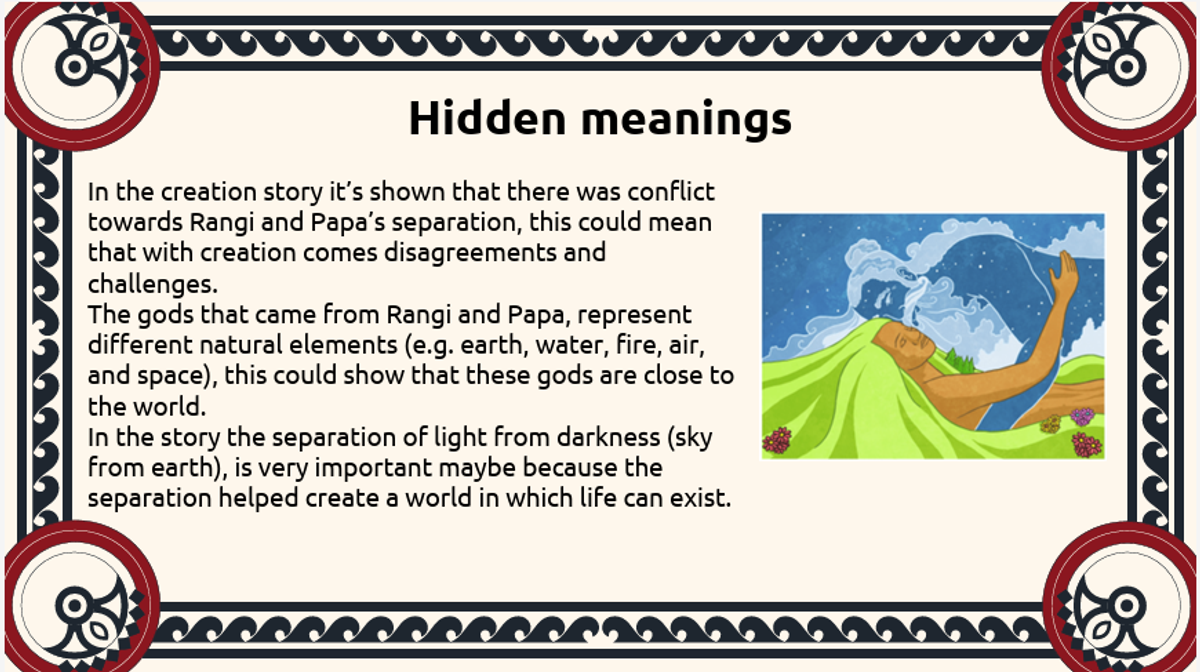



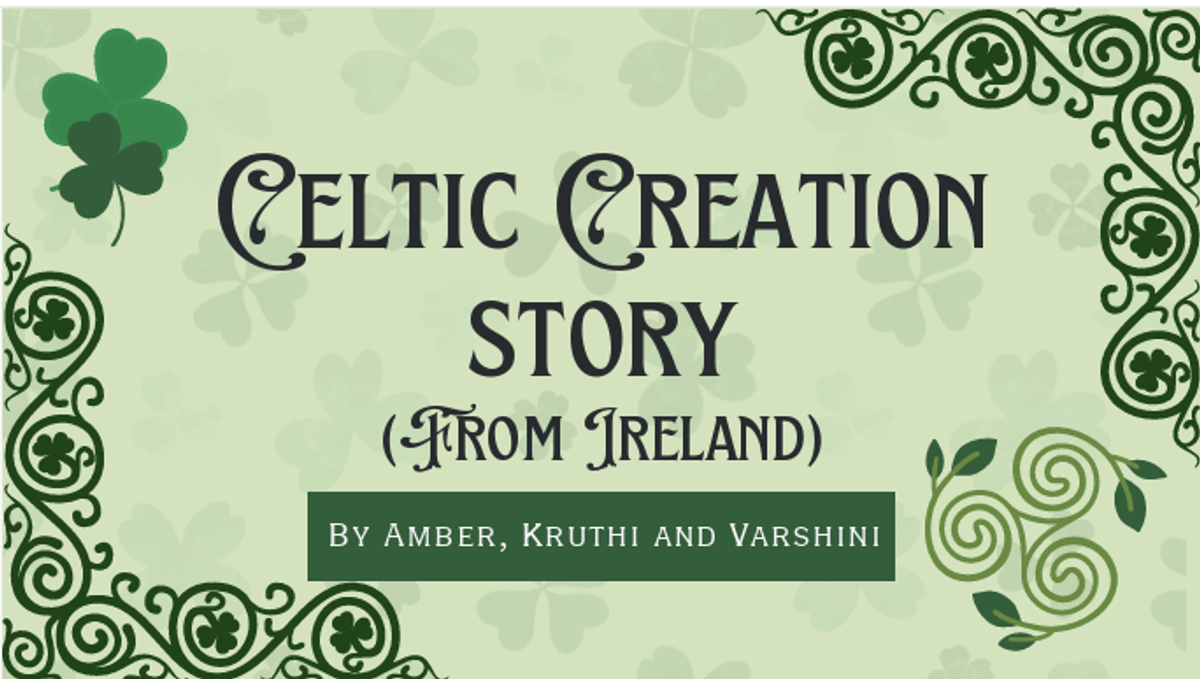
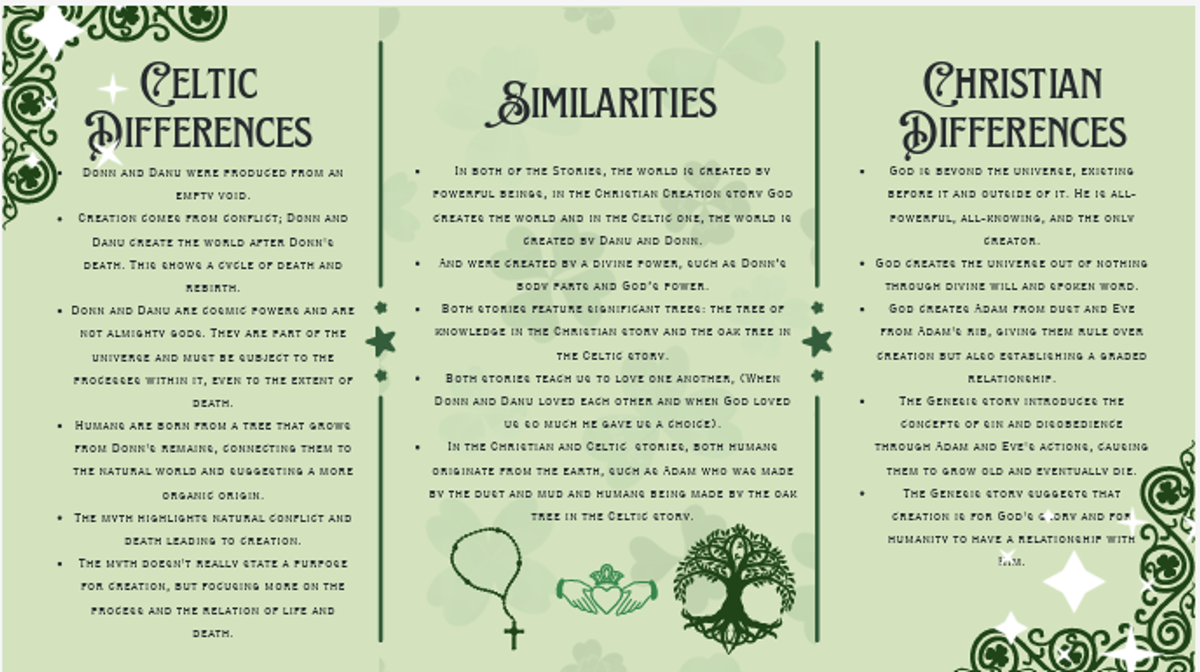
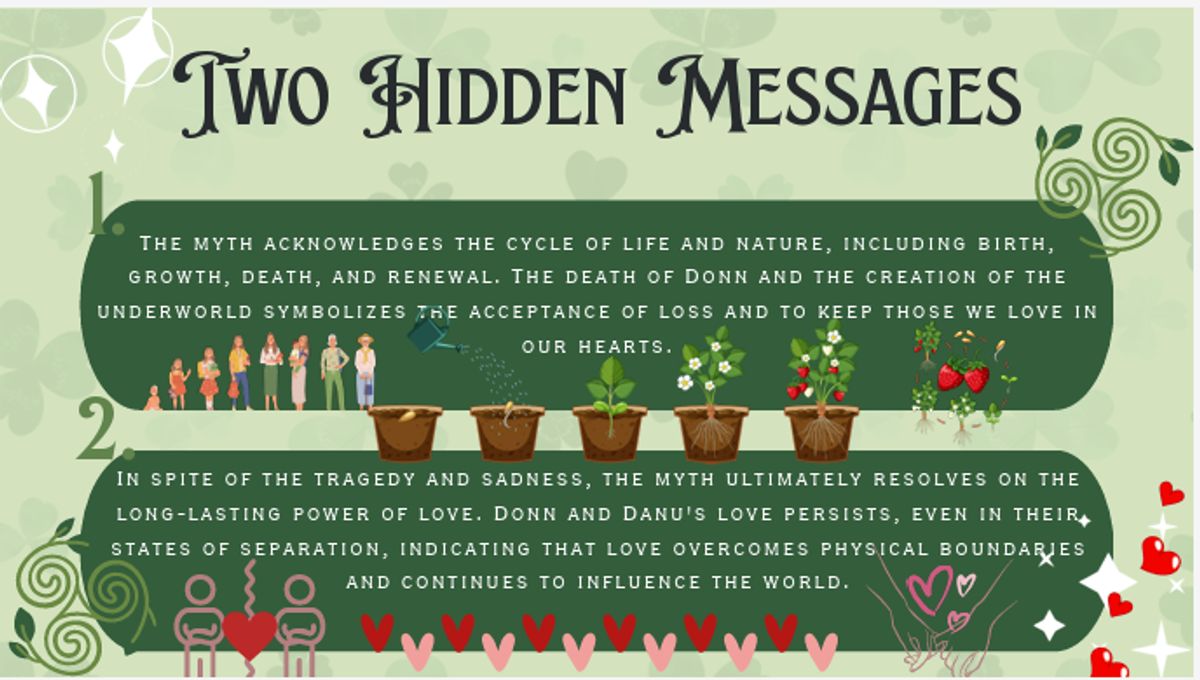



Heroes & Saints. Year 9/10 Religious Education
Students in Heroes & Saints have been immersed in learning about certain individuals who have been elevated to the status of heroes or saints, recognised for their exceptional human qualities, impactful actions and exemplary Christian virtues. These figures, be they formally canonized saints or everyday people embodying extraordinary compassion, inspire us to confront our own challenges and deepen our faith, beliefs and spirituality. Students are currently working on their St Paul the Apostle summative assessment. Utilising the Living Justice Living Peace framework, students have been able to see how these individuals, like Jesus, actively engage in acts of love and justice. They have explored how these extraordinary individuals demonstrate "making right relationships" through their commitment to serving the marginalised, "building community" fostering inclusion and belonging and "promoting human dignity" by advocating for the inherent worth of all. Whether it's a saint's unwavering dedication to the poor or an ordinary person's courageous stand against injustice, the students have deepened their understanding that their actions serve as a living testament to Jesus' ministry, encouraging us to emulate their example and strive for a more just and peaceful world.
Does the Bible Really say that? Year 9/10 Religious Education
Students in ‘Does the Bible Really Say That?” have just completed a unit on how to read the different genres that make up the Bible. When you know the type of literature you are reading, it is much easier to understand the message that the author was trying to give to the original audience, and then make decisions about its message for us today. Next week they will be completing a test where they will be given a piece of scripture to identify the genre and then interpret its message. Did you know that the three main styles of literature in the Bible are Narrative, Poetry and Prose/Discourse. Narrative makes up a whopping 43%, Poetry 33% and the rest (letters, Gospels, laws, wisdom, apocalyptic) make up 24%, so it's very important to know what you are reading if you want to get the most out of the Bible!